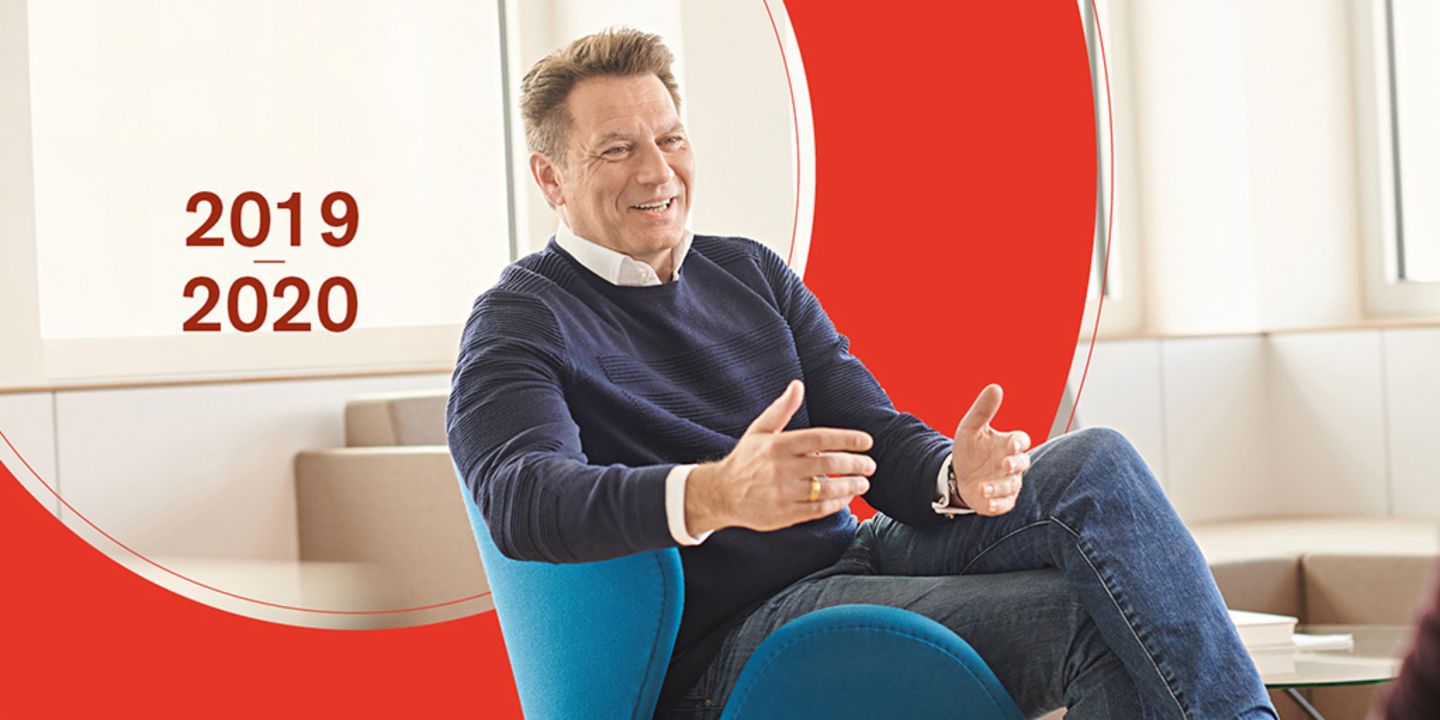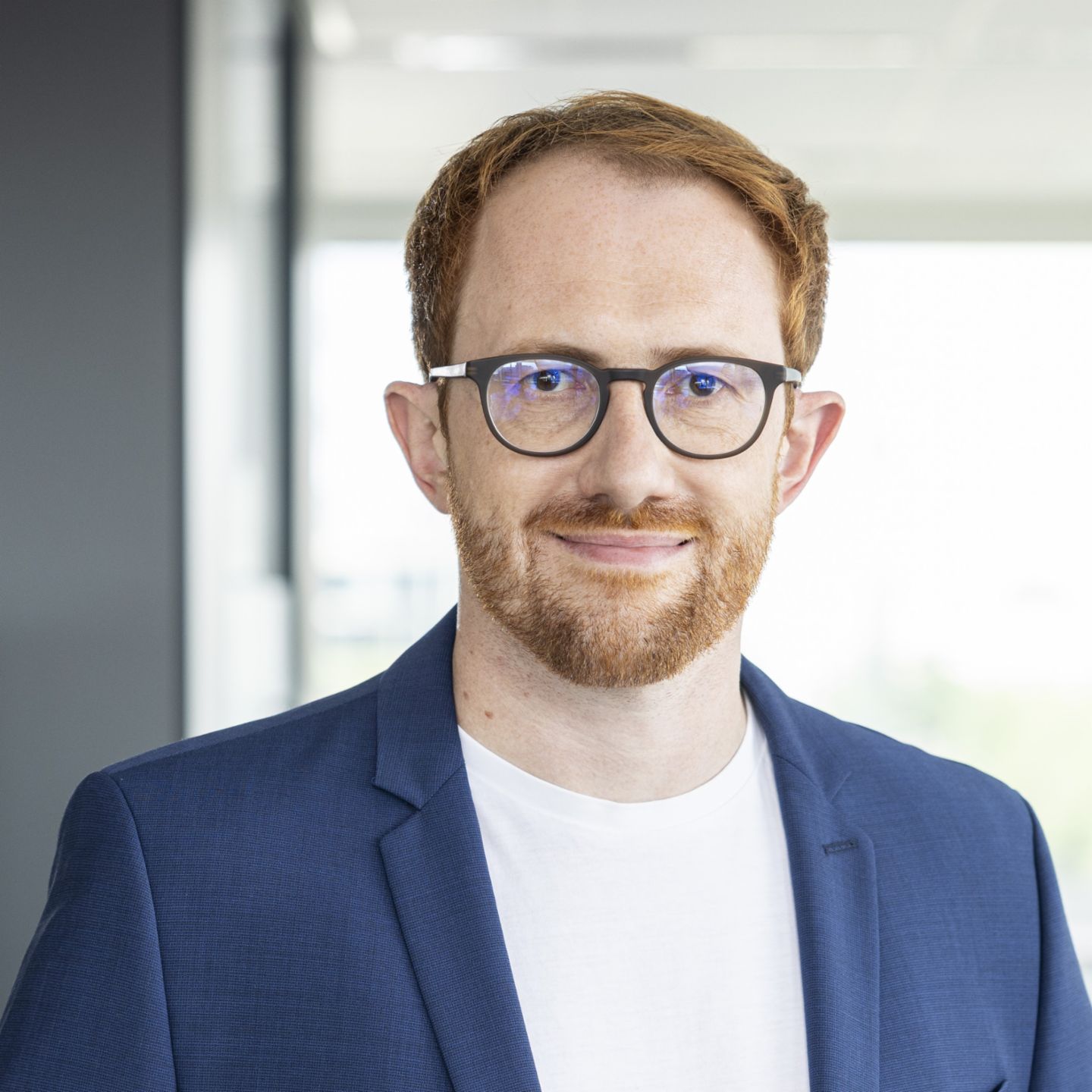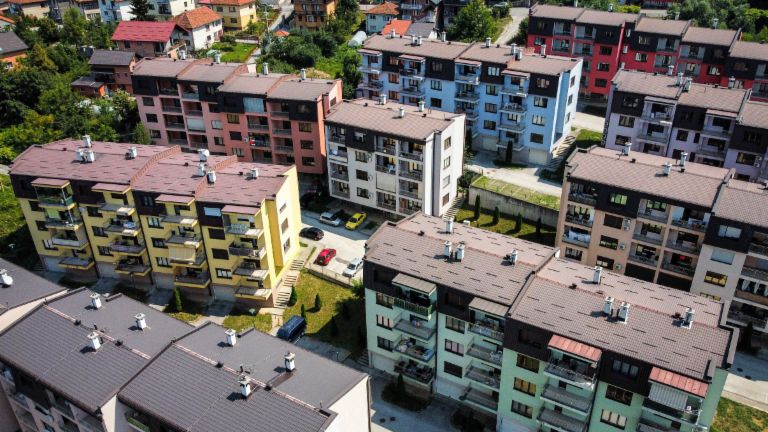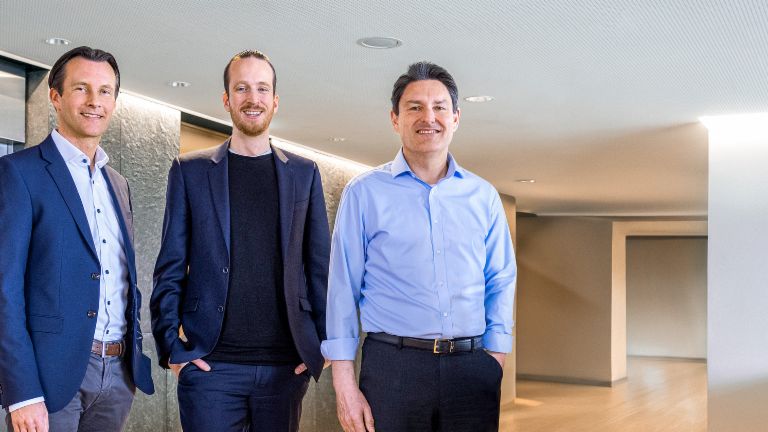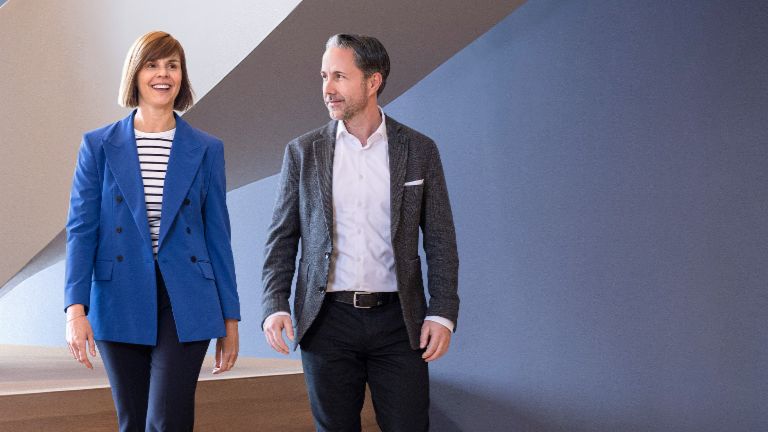CEO Klaus Engberding on the last financial year: “Our strategy is working.”
The KPIs from the 2019/20 Annual Report show that the EOS Group is performing very strongly. But what’s behind this success? And which challenges need to be mastered in the future? In this interview, EOS CEO Klaus Engberding gives us a look behind the scenes.
- In fiscal 2019/20, EOS reported the most successful year in the Group’s history.
- Definitive success drivers: investments in secured and unsecured receivables and in digitalization and cultural change.
- In the last financial year more than EUR 25 million were invested in technology, a crucial success factor.
- Biggest challenge is the transformation into a responsive company.
Mr. Engberding, please describe the last financial year for us in a few sentences. What are the three most important keywords?
Together with my colleagues I am looking back at what has been by far the most successful financial year ever for the EOS Group. And not just in respect of revenue and earnings, but in particular in relation to three other aspects: digitalization, technological progress and the corporate culture. All these things make me very proud of the entire EOS team!
What contributed in particular to last year’s success?
Certainly, the skills, commitment and mindset of our employees were crucial factors. This is the only way to achieve the kind of sensational performance we experienced in Eastern Europe. And I take my hat off to these results. But also Western Europe and Germany were again very successful and ultimately we were able to maintain the high level of the previous year.
Our companies operating in 26 countries are the main elements of the organization in which these results are being achieved. However, I’d also like to thank the many people working in departments at our head office, whose support and expertise create the framework for smooth business operations. Again, it is clear that a company’s performance is always a team effort.
From your perspective, what makes EOS better than other companies?
I can’t say what we do better than other companies because I lack the appropriate insights. I only know what we do particularly well. And it’s that we understand our business. This means that we are a very reliable and fair business partner to our customers and partners. We have an enormous wealth of experience and we are also one of the digital pioneers in our sector. When doing business we exercise good judgement, which makes us an extremely stable company. And it is not just our business partners who value this combination of characteristics; this is also what makes us a very attractive employer for our workforce.
EOS is focusing particularly on the use of technology. What’s been happening here?
Machine learning and artificial intelligence are not just buzzwords at EOS but very specific projects. In the last financial year alone we invested EUR 25 million in the technological development of our core systems. In future we want to help our employees do their jobs with much more support from computer-aided data analyses, so they can determine the best collection step to take next. To this end we are establishing our own “Center of Analytics” where these analyses are conducted. In Germany and France this is already happening and the added value has been measurable and significant. In addition we are developing completely new debt collection core systems. Taken together, these projects represent the largest IT investment in the history of EOS.
We are a globally connected financial investor driven by technology and entrepreneurial spirit.
A key part of the EOS vision is EOS as a financial investor. What developments have there been in this area?
So far our strategy is working. The year 2020 and subsequent years will be characterized to a great extent by our activities as a financial investor. We do not aspire to become a major investor like a private equity company or large fund, but to invest sustainably and on a substantial scale in receivables portfolios. To be able to make these investments we are increasingly establishing financing models that are independent of our parent company, to allow us to participate accordingly in the major markets in which we operate.
For you personally, what are the greatest challenges in the EOS business model?
The markets that the EOS Group is operating in have huge potential for growth in the next few years. To be able to exploit this potential we not only need the financial resources already mentioned but also an ongoing increase in productivity, so that we remain competitive. One way of doing this is to compete for the best people, and in this respect EOS is already in a very good position. Other tools are of course digitalization and a company’s responsiveness.
How responsive is EOS?
Responsiveness is a huge opportunity but also a major challenge. Technological change is happening faster and faster, so we have increasingly less time to respond to changes. In the last two years we have already become faster and more flexible as an organization, but there is still a lot of potential here to be exploited.
How do you exhaust this potential?
I’d like to address two aspects. It is important to develop better organizational and collaboration models and to learn from and work with startups. Agile collaboration methods, flat hierarchies, and a leadership mindset based on enabling, including the empowerment of employees, are all major instruments of staff and organizational development and allow us to respond quickly to developments. In this context, startups are very important. The ideas they develop not only help us in our digitalization efforts, but also push us to rethink our products and above all our processes. These digitalization activities by the EOS Group benefit our stakeholders, i.e. customers and financing partners as well as our employees, who are able to better reconcile family, leisure time and work thanks to new kinds of flexible processes.
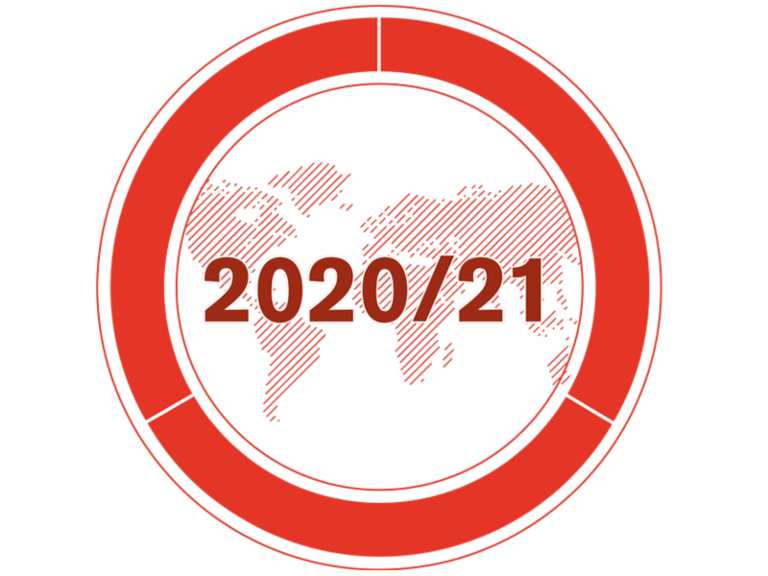
What will be the impact of the coronavirus pandemic on the next financial year?
I think there is scarcely a company that has not been affected by the crisis in some way. And that is of course also true of the EOS Group. The pandemic is reaching us directly after the strongest year in the company’s history. So we are in a good position. We took the necessary financial measures in good time to adapt to this situation. The EOS Group will master this crisis in a decidedly stable way. And like any crisis it is also an opportunity. Before the coronavirus pandemic, who would have thought that we would have managed to make it possible for more than 90% of our employees to work from home within a very short time. So we also learned a lot from this crisis. The “new normal”, i.e. the time after the crisis, will be a combination of the “good old” and the “good new”. It gives us the chance to improve the EOS Group in a way that we would never have supposed before the pandemic.
Please contact us if you’d like to know more.
EOS in Germany
Daniel Schenk
Head of Corporate Communications & Marketing Germany
Steindamm 71
20099 Hamburg
Germany
Photo credits: Jann Klee / EOS
Udforsk mere fra EOS
